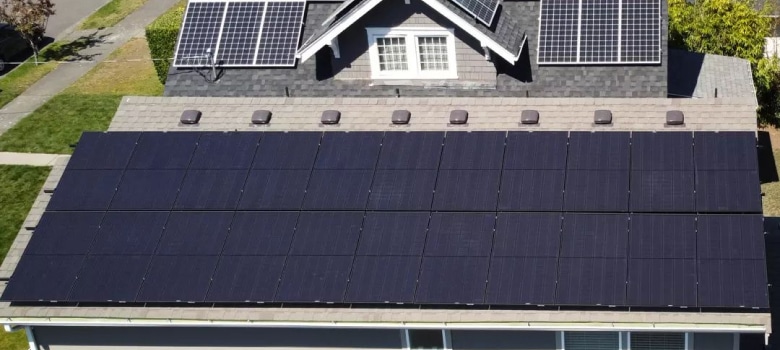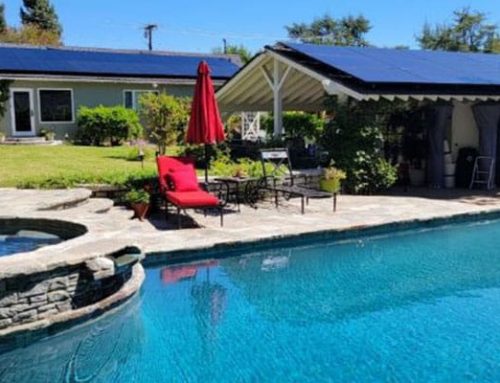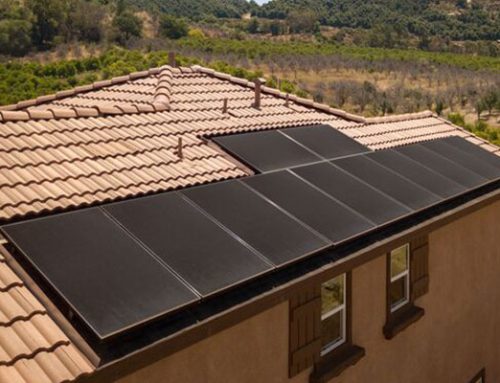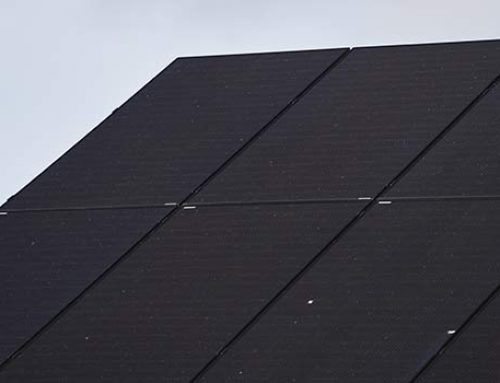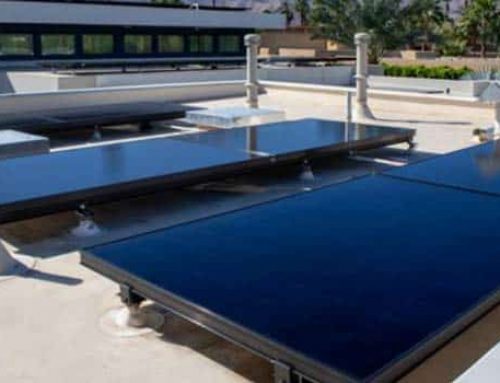Are you thinking about increasing the number of solar panels powering your Adelaide home?
If you’re one of the thousands of homeowners in Adelaide who already have a solar panel system installed, the idea of expanding your panels might seem appealing. After all, more panels mean more power, and more power means greater savings, right?
Like any home improvement project or upgrade, there are both advantages and disadvantages to consider.
In this article, we will explore the pros and cons of adding solar panels to your existing solar system and provide practical tips to ensure a successful integration.
Let’s get right into it.
| Aspect | Pros | Cons |
| Energy Production | Increased electricity generation, is beneficial for rising energy needs or adding more appliances. | Inconsistent energy generation due to weather conditions and seasonal variations. |
| Cost Efficiency | Reduced electricity bills, long-term savings, potential eligibility for government incentives. | High upfront costs; may require financial evaluation before expansion. |
| Environmental Impact | Enhances eco-friendliness by reducing dependence on fossil fuels, contributing to a cleaner environment. | No significant cons directly related to environmental impact, but production may generate waste. |
| Property Value | Adds value to the property, appealing to eco-conscious homebuyers. | No direct cons unless the installation negatively impacts aesthetics. |
| Installation and Compatibility | Potential for system upgrades during integration. | Challenges in ensuring compatibility with existing panels, complex retrofitting required. |
| Space Requirements | Optimizes unused roof space. | Space limitations on roof, potential shading issues affecting new panel efficiency. |
Pros of Adding Solar Panels to Your Existing System
✔ Increased Energy Production: By adding solar panels to your existing system, you can generate more electricity, which means greater energy production. This increase in energy can be particularly beneficial if your household’s energy consumption has risen over time, or if you plan to add more energy-intensive appliances.
✔ Reduced Electricity Bills: With additional solar panels, you can potentially generate enough electricity to cover a larger portion of your energy needs, leading to reduced reliance on the grid. This, in turn, can lead to lower electricity bills and long-term savings on your energy expenses.
✔ Eco-Friendly Impact: Harnessing more solar energy means reducing your dependence on fossil fuels, which helps lower your carbon footprint. By expanding your solar system, you contribute to a cleaner and greener environment, making a positive impact on the planet.
✔ Government Incentives: Depending on the time you plan to expand your solar system, you might be eligible for government incentives, rebates, or tax credits. These incentives can significantly reduce the overall cost of installing additional panels, making it a financially attractive option.
✔ Increased Property Value: Investing in solar energy can add value to your property. Many homebuyers are now actively seeking properties with existing solar panel systems, as it indicates reduced energy costs and a commitment to sustainability.
Cons of Adding Solar Panels to Your Existing System
✘ Upfront Costs: The initial investment required to expand your solar panel system can be a considerable expense. While the long-term benefits may outweigh the costs, it’s essential to evaluate your budget and financial situation before making the decision.
✘ Space Limitations: Depending on the available roof space, you may encounter limitations when adding solar panels to your existing system. Shade from nearby structures or trees can also impact the efficiency of the new panels.
✘ Inconsistent Energy Generation: Solar energy production relies on sunlight, which can be inconsistent due to weather conditions and seasonal variations. This means that during cloudy or rainy days, the additional panels might not contribute as much energy as desired.
✘ System Compatibility: When expanding an existing solar panel system, it’s crucial to ensure that the new panels are compatible with the existing ones. Mismatched panels can lead to inefficiencies, reducing the overall system performance.
✘ Installation Challenges: Retrofitting additional panels onto an existing system can be more complex and time-consuming than installing a new system from scratch. This may require hiring professional installers with experience in integrating solar panels seamlessly.
Maximising Solar Potential: Tips for Adding Solar Panels to Your Home
While it’s essential to weigh up your pros and cons, there are ways to maximise the benefits and address the challenges associated with adding solar panels.
Here, we’ll delve deeper into some practical tips to ensure a successful and efficient integration of additional panels.
1. Conduct a Solar Energy Audit
Before proceeding with expanding your solar system, conduct a comprehensive solar energy audit of your household. Analyse your electricity consumption patterns to determine how much additional energy you need. This audit will help you decide how many extra panels are required to meet your energy goals and whether your current inverter and battery storage are sufficient for the expansion.
2. Choose the Right Panels
Selecting the appropriate panels is crucial to ensure compatibility with your existing system and maximise energy generation. If possible, opt for panels from the same manufacturer and with similar specifications as your current ones. This way, you can avoid potential efficiency and compatibility issues that may arise from mixing different panel types.
3. Consider Energy Storage
Adding more panels means a higher potential for generating excess electricity during peak sunlight hours. Instead of exporting this surplus energy back to the grid, consider investing in energy storage solutions like batteries. Energy storage allows you to store the excess energy for later use, especially during periods of low solar generation, such as cloudy days or nighttime.
4. Assess Roof Space and Positioning
Evaluate your available roof space and its orientation to ensure that there is enough room for additional panels. Ideally, the new panels should be installed in a way that minimises shading from nearby structures or trees. South-facing roofs may also be considered for expansion, as they can capture sunlight at different angles throughout the day, complementing the existing north-facing panels.
5. Seek Professional Expertise
Adding solar panels to an existing system can be a complex process, and it’s essential to seek the expertise of professional solar installers. They can evaluate your current system, recommend suitable panel types, and ensure seamless integration. Professional installers can also optimise the placement of the new panels to achieve the highest energy efficiency.
6. Timing Is Key
Consider the timing of your solar panel expansion carefully. In Adelaide, there might be peak periods for solar panel installations, and it’s essential to plan accordingly. Additionally, keep an eye on any government incentives or rebates that could further offset the costs of expanding your solar system.
7. Monitor and Maintain
After the installation of additional solar panels, it’s crucial to monitor the system’s performance regularly. Many solar inverters come with monitoring capabilities, allowing you to track energy production and identify any potential issues promptly. Routine maintenance is also essential to ensure that the entire solar system operates at its optimal efficiency.
8. Explore Virtual Net Metering
In Adelaide, virtual net metering, also known as feed-in tariff arrangements, can be advantageous for those who add more solar panels to their existing system. With virtual net metering, you can allocate excess solar energy to other properties you own or to family and friends. This allows you to make the most of your solar investment while helping others access clean energy.
While there are some challenges, such as upfront costs and potential installation complexities, these can be mitigated by seeking professional advice and considering available government incentives.
With proper planning and monitoring, adding solar panels to your existing system can lead to reduced electricity bills, lower carbon emissions, and a positive impact on your property’s value.
Remember, every solar installation is unique, and what works best for one household may not be suitable for another. Take the time to assess your energy needs, budget, and available resources before making a decision. By doing so, you can confidently move towards harnessing the sun’s energy to power your Adelaide home sustainably for years to come.
For more information or an obligation-free quote, reach out and speak to a member of the Energy Buster team today on (08) 7120 6377.
Are You Ready to Upgrade Your Solar System?
Expanding your existing solar panel system is a significant step towards increasing energy independence and contributing to a greener environment.
By conducting a thorough energy audit, selecting the right panels, and optimising positioning, you can make the most of your solar investment.
While there are some challenges, such as upfront costs and potential installation complexities, these can be mitigated by seeking professional advice and considering available government incentives.
With proper planning and monitoring, adding solar panels to your existing system can lead to reduced electricity bills, lower carbon emissions, and a positive impact on your property’s value.
Remember, every solar installation is unique, and what works best for one household may not be suitable for another. Take the time to assess your energy needs, budget, and available resources before making a decision. By doing so, you can confidently move towards harnessing the sun’s energy to power your Adelaide home sustainably for years to come.
For more information or an obligation-free quote, reach out and speak to a member of the Energy Buster team today on (08) 7120 6377.

